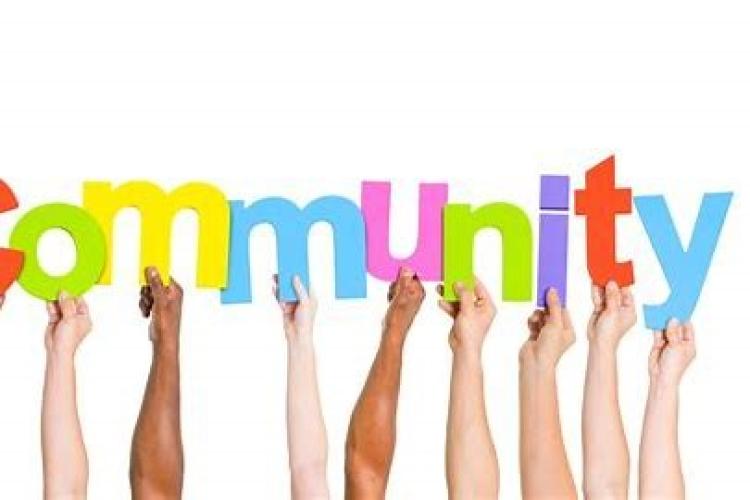
Escape Rooms - Helping to Unite Communities such as Schools and Churches
Escape rooms offer groups of friends and family an exciting challenge as they try to solve puzzles and escape a themed room before the clock runs out. But escape rooms can also serve a greater purpose, helping to unite communities such as churches and schools.
One way that escape rooms can bring communities together is by providing a unique and engaging team-building activity. Participants must work together and communicate effectively to solve the puzzles and escape the room, fostering a sense of collaboration and cooperation. This can be particularly valuable in a church or school setting, where teamwork and communication are often emphasized as important values.
Escape rooms can also be used as a fundraising tool for community organizations. Many escape room companies offer the option to book private events, and proceeds can be donated to a church or school's fundraising efforts. This not only provides a fun and memorable experience for participants, but also helps to support a good cause.
In addition to team-building and fundraising, escape rooms can also be used as an educational tool. For example, a school may create an escape room with a history or science theme, allowing students to learn about a topic in a fun and interactive way. This can be an effective way to engage students who may not be as interested in traditional classroom learning. Escape rooms can also facilitate intergenerational connections within communities. For example, a church may host a family-friendly escape room event, bringing together children, parents, and grandparents for a fun and challenging activity. This can help to bridge the generation gap and create a sense of community among people of all ages.
Overall, escape rooms can serve as a valuable tool for uniting communities such as churches and schools. By providing a team-building activity, fundraising opportunity, educational tool, and intergenerational connector, escape rooms can help to foster a greater sense of community and collaboration.